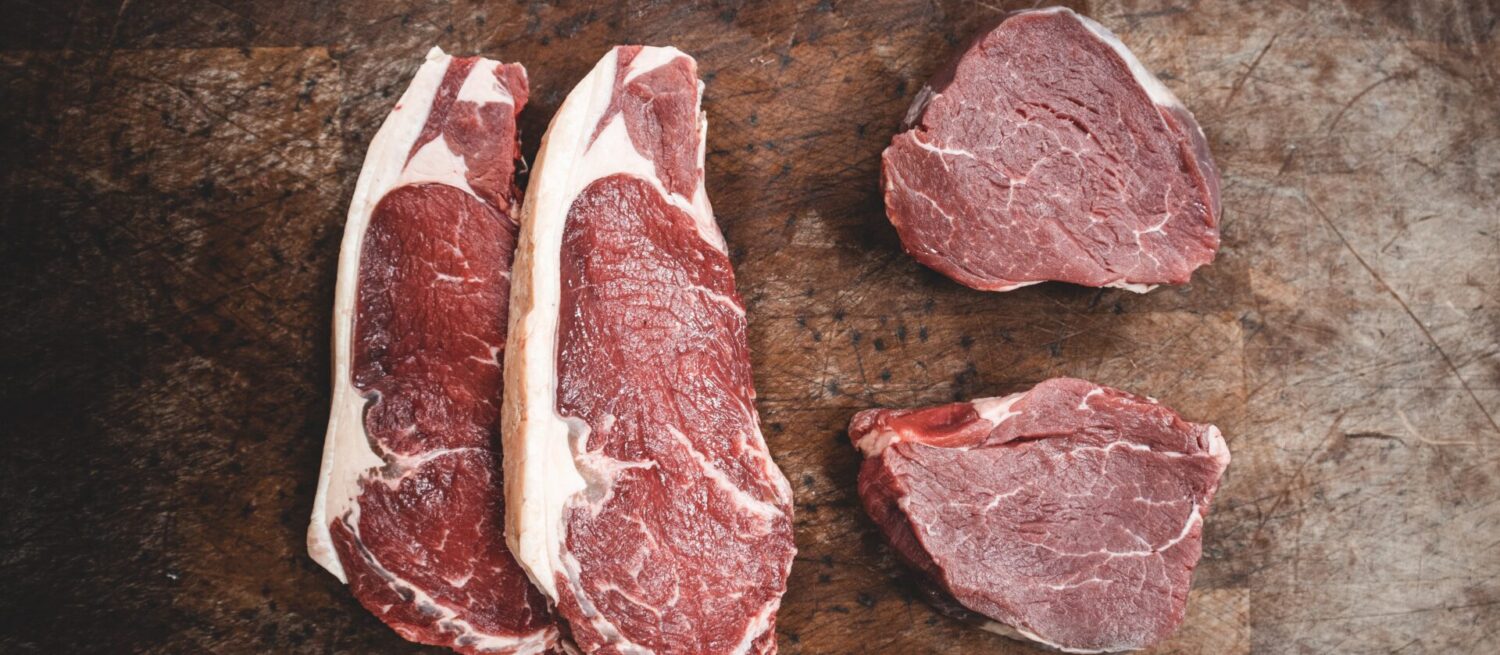

Naturally Preserving Meat with Atmospheric Gases
Created to help prevent foodborne illness, the Food Modernization Act (FMA) was signed into law in 2011. It was the most significant food safety law reform in over 70 years. FMA guidelines aid in extending shelf life and regulate the standards for growing, harvesting, packaging, and storing. These guidelines encourage meat processors to implement effective preservation measures.
Why Meat Spoils
The most common cause of meat spoilage is mold and bacteria. Consuming food with mold can be dangerous and can cause respiratory and allergy complications. Factors that increase the likelihood of mold and bacteria are unsafe handling practices, improper storage, exposure to warm temperatures, and lengthy distribution transportation times. Another common cause of meat spoilage is oxidation. Oxidation occurs when oxygen encounters the meat, creating a chemical reaction and altering the molecular structure. Oxidation causes meats to turn brown, ruining the taste and appearance. It can also cause foodborne illnesses.
Preservation Methods
There are several food preservation methods, some of which include adding preservatives, chemicals, or stabilizers. Depending on the product, alternate processes such as flash freezing, pickling, and adding salt have been proven effective. However, additional preservatives and salt can negatively impact consumer health. For example, additives and preservatives have been known to contribute to health conditions like ADHD and Diabetes.
As today’s consumers become more health-conscious, they want meat to maintain its freshness without unhealthy additives and harmful chemicals. Due to the demand, more and more processors are turning to a natural way of preserving meat and extending shelf life by using atmospheric gases. Since atmospheric gas is part of the air we breathe, it is very safe as a food and beverage packaging gas.
Atmospheric Gases
Nitrogen, oxygen, and carbon dioxide are used separately or as mixed gases to extend product shelf life and to prevent spoilage. The process of using gases to naturally preserve foods is called modified atmospheric packaging (MAP). MAP changes the atmosphere inside the meat package, removing oxygen to preserve the food for longer periods of time. MAP maintains quality during transport and increases shelf life, allowing more ground coverage for processors to deliver their products. Choosing a high-quality gas supply and a provider with a strong commitment to dependability is key to the success of the MAP process.
Atmospheric Gas Supplier in the Rocky Mountains
Rocky Mountain Air Solutions is dedicated to serving meat processors by providing flawless dependability. As a food and beverage gas supplier in the Rocky Mountain region, we strive to be responsive and efficient. We closely follow FDA rules and guidelines. Not only are we committed to timely deliveries with our next day delivery option, but we also equip our customers with cylinders that are up to code and free from contamination. If you encounter an emergency, we also provide emergency delivery options. RMA serves manufacturing and packaging facilities, breweries, bottlers, and restaurants. Contact your local branch today. We look forward to serving you!



